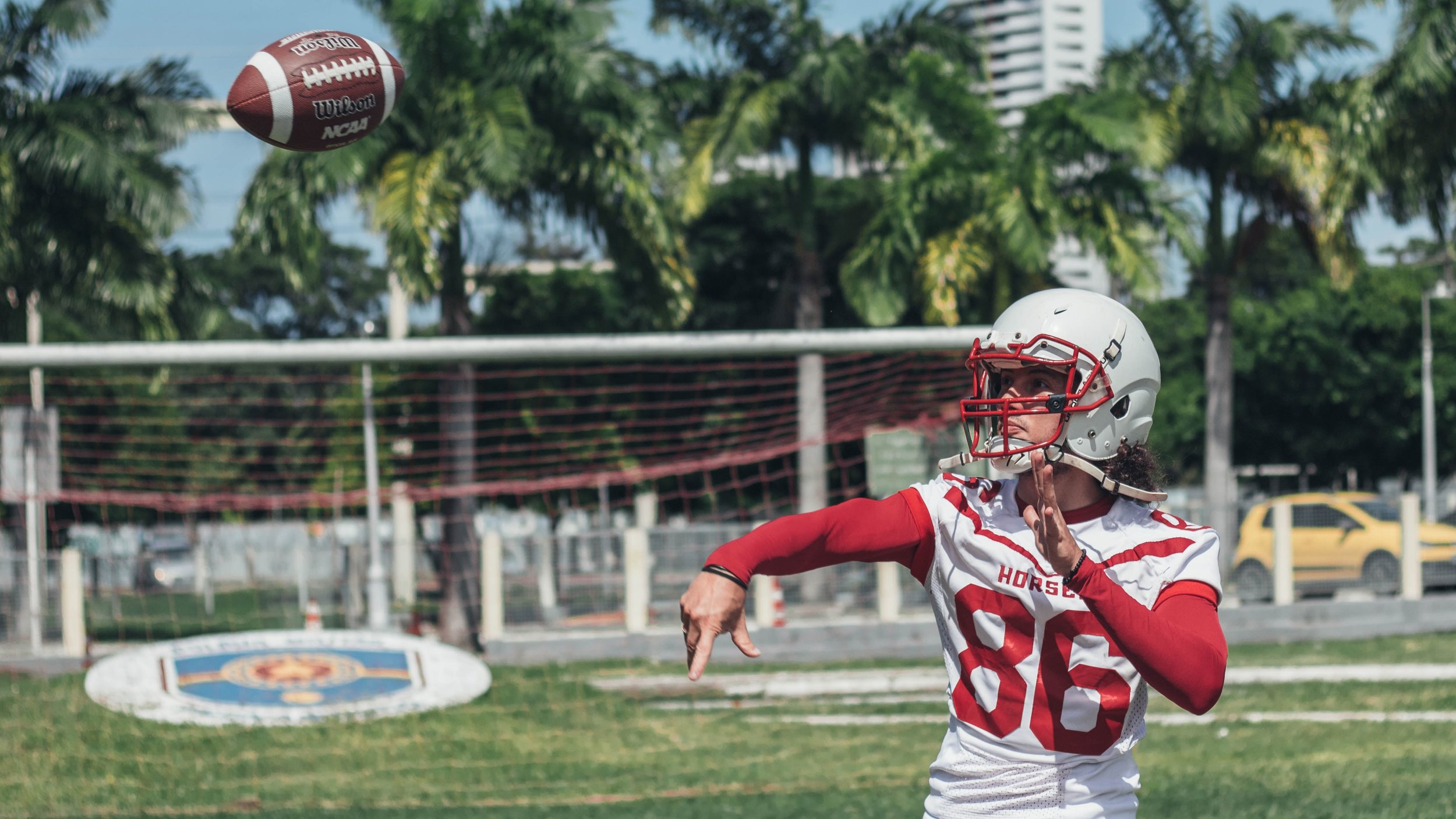It might be time to give student athletes academic credit for hours spent on the field. These student athletes are not given academic credit for time spent at workouts, at film study, in the playbook, on the field learning and impact on the campus and community deserves academic consideration. Here’s why:
At every high school in the country, the coach is paid for their time teaching the game. They get more than they would be paid if they were only teaching. The coaches work as an educator of student athletes, and that time is considered over and above the time and effort devoted to their academic work alone. Institutions understand how the lessons taught during the time shared between coach and player is added value to the school, the community, and the people involved. They deserve more than they get.
In its simplest terms, teachers who coach ought to be given more credit that a teacher who does not coach. It is too logical. A teacher’s work is more than time consuming, and the energy required to pla, teach, mentor, and educate is more than enough to drive a teacher crazy. Add 20-40 additional hours to that teachers schedule and tell me which one deserves more money.
Student athletes carry the same academic responsibilities as students. There are the 20+ hours of additional time each week that the student can use to learn a specific course. The student athlete doesn’t have that same student time to compete. But they work from the same academic requirements, same assignments, and the same grading scale.
Some student athletes get scholarships. That is not the same as credit for time studying, learning, and getting smarter. It is also not the same as getting paid to play. I could understand if they were being paid like the coaches are, but that is not the case. (Coaches get bonuses, apparel contracts, living expenses, and raises) The scholarships are a statement that the student athlete has a greater value to the university than if they were just a student. Some might go as far as saying the student athlete makes more money for the school than Joe student. (As do coaches vs teachers only).
It appears to me that the student-athlete is still a student while studying their respective sports. It also seems that the student-athlete is doing more with the number of hours studying each week than the students who don’t play sports. I am told that the college student-athlete is limited to 20 hours a week to their game. (Sure). My experience is that it is more like 40. They are working the entire time, getting smarter, wiser, and more prepared. The phrase “dumb jock” never processes well for me. Have you put your eyes in a college football playbook?
I coached at a high school that won regional basketball titles. The star players did more to lift the spirits of the school and community than any non-athlete student in the building. They added to the academic and social environment of the school. They also had to pull the same weight as the non-athlete. Imagine the additional burden on the star student-athlete. Imagine the stresses. Imagine having to compete academically while carrying the school on their shoulders at the same time?
My wish is that student-athletes got some academic credit for time spent learning the sport they love. They earn it daily, sometimes when the non-athlete is on vacation or on the couch. They work themselves to exhaustion and then go home to work themselves into an academic stress machine that night. (Advantage to the non-athlete. They are free to add 4-8 extra hours a day to their studies.)
Some colleges give academic credit for varsity sports. There are also states where high school athletes get Physical Education credit for playing sports. Dance and Theatre are given academic credits, so I am not sure why athletics would not be included. The student-athlete is not anonymous. They are leaned on, relied on, and closely watched. They cannot hide in the sea of bodies on campus. They are expected to excel and then excel more. They are also a part of the Boosters and alumni revenue stream. The better these programs do, the more money that finds its way into the bank accounts of the programs.
I think coaches do a great job of telling their players that they are special. They do what everyone else does while having a percentage of the time to do so. It can be said more often. It can be said loudly. A great thing would be if we gave them credit for being exceptional at multi-tasking. The hyphen in student-athlete should equate to some additional academic credit. The actual wording should be that the student-athletes earn credit for the time in athletic programs. Nothing is given. Everything is earned.


